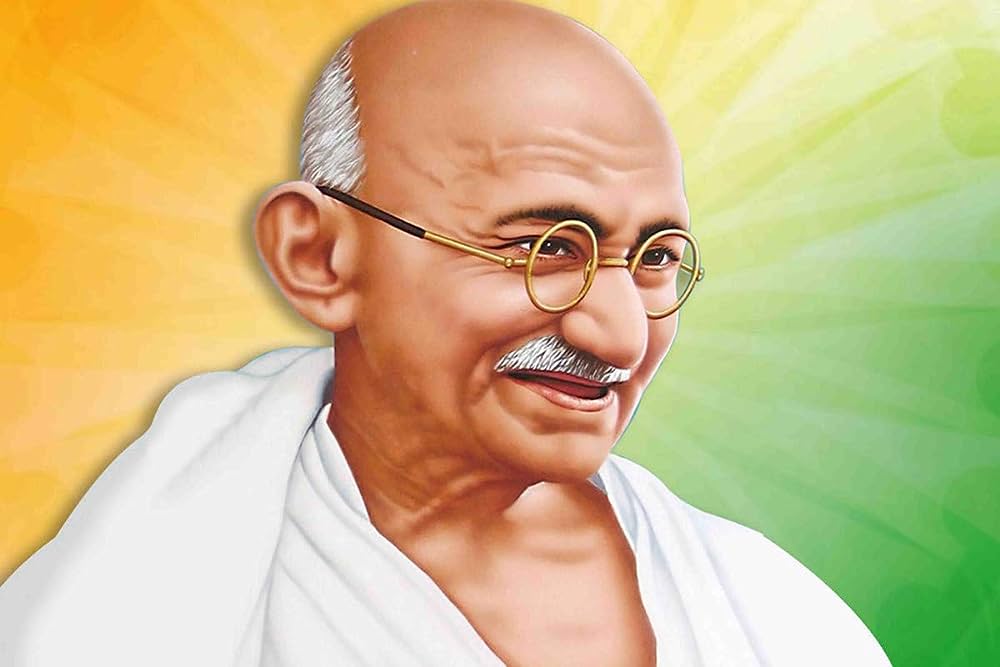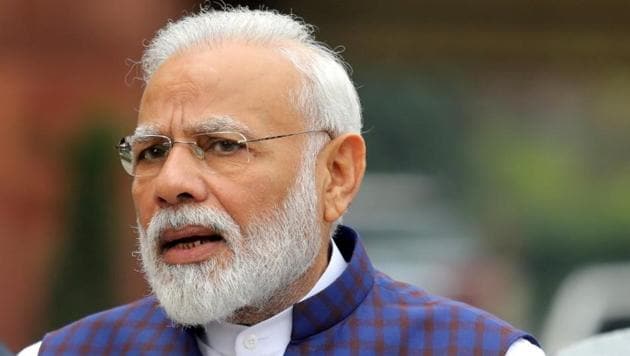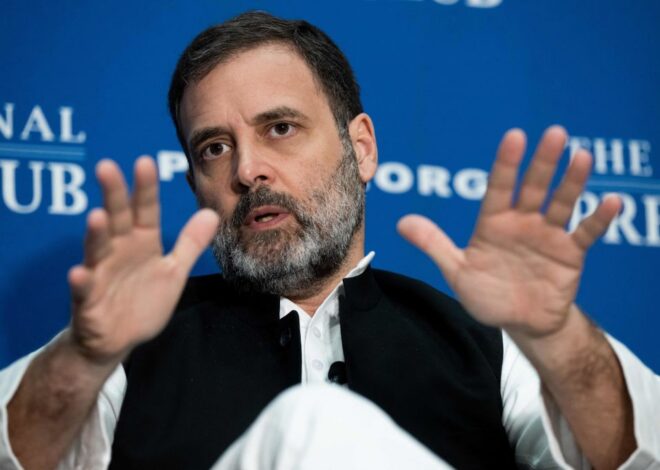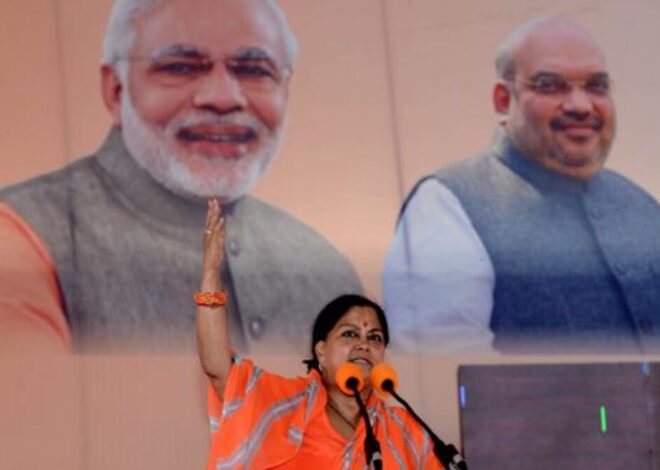
What are The 10 Things That Gandhiji Did?
Mahatma Gandhi, revered as the Father of the Nation in India, stands as an iconic 20th-century luminary who profoundly influenced the world with his principles of non-violence and civil disobedience. His life serves as a compelling example of the potential for peaceful resistance, and his enduring legacy continues to ignite inspiration across the globe. Within this article, we shall delve into ten transformative endeavors that defined Gandhiji’s extraordinary life.

Read more.. Deciphering the DUSU Election Result and Its Implications
Read more.. The Women’s Reservation Bill Debate: Indian Politics
Championed Non-violence:
Gandhi’s most profound contribution was his unwavering commitment to non-violence or “ahimsa.” He believed that change could be achieved through peaceful means, and his philosophy became a cornerstone of various civil rights movements globally.

Read more.. How to Identify which shares are good: Unearthing the Gems
Read more.. How to Buy The Online Sovereign Gold Bond with Discount
Led the Salt March (Dandi March):
In 1930, Gandhi initiated the famous Salt March, a 240-mile journey to the Arabian Sea, to protest the British monopoly on salt production. This event marked a turning point in India’s struggle for independence.
Promoted Self-Reliance:
Gandhi advocated for self-reliance and rural development. He promoted the spinning wheel or “charkha” to encourage Indians to produce their own cloth, reducing dependence on British textiles.
Fought Against Discrimination:
Gandhi was a staunch advocate for social justice. He fought against discrimination based on caste, religion, and gender, emphasizing equality and inclusivity.
Civil Disobedience Movement:
Gandhi led various civil disobedience movements against British rule, inspiring millions of Indians to join in acts of non-violent resistance.
Championed Simplicity:
He lived a simple life, wearing traditional Indian clothes and advocating for a minimalistic lifestyle. Gandhi’s simplicity was a powerful message in a world driven by materialism.
Advocated for Religious Harmony:
Gandhi believed in the unity of all religions and worked tirelessly to promote interfaith understanding and harmony.
Employed Fasting as a Means of Protest:
Fasting stood out as one of Gandhi’s most potent instruments for peaceful protest. Its use was twofold: to bring attention to pressing issues and to exert moral pressure on authorities to instigate change.
Championed Women’s Rights:
Gandhi ardently championed the cause of women’s rights, vigorously campaigning against child marriage, the dowry system, and other detrimental societal customs. He actively encouraged women’s involvement in the independence movement, recognizing their indispensable role.
Served as an Inspiration to Global Leaders:
Gandhi’s unwavering commitment to non-violence and civil disobedience left an indelible mark on the philosophies of other prominent civil rights leaders, including Martin Luther King Jr., Nelson Mandela, and Cesar Chavez. His principles served as a guiding light for these global figures in their pursuit of justice and equality.
Conclusion:
Mahatma Gandhi’s life and principles remain a wellspring of hope and motivation for individuals across the globe. His unwavering dedication to non-violence, social equity, and human rights left an indelible mark not only on India but on the entire world. Gandhi’s enduring legacy underscores the possibility of effecting positive transformation through peaceful methods and serves as a poignant reminder that a single individual, fueled by a profound vision, possesses the capacity to reshape the trajectory of history.



